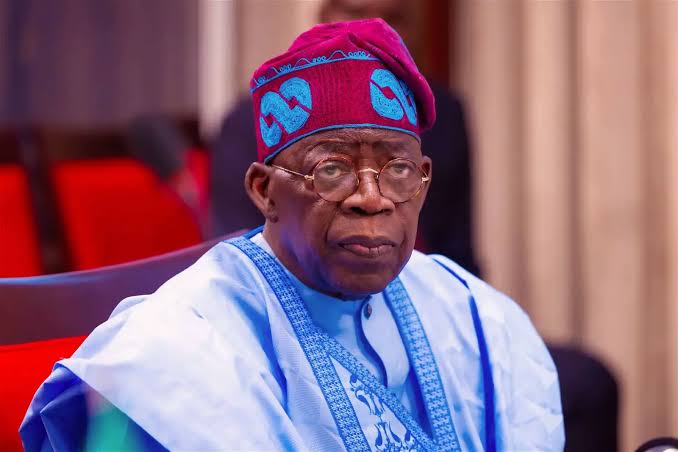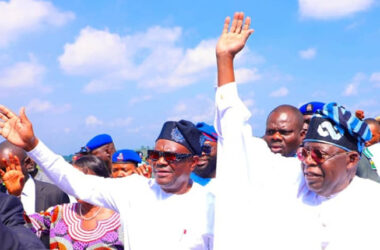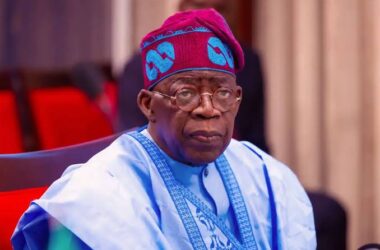The Nigerian government, under the leadership of President Bola Tinubu, has made it clear that it is not responsible for the recent hike in petrol prices, which has left many Nigerians frustrated.
According to the government, the Nigerian National Petroleum Company Limited (NNPCL) made the decision to increase the prices on its own, based on current market conditions.
The new price adjustments have seen petrol prices rise sharply across the country, with some areas experiencing prices as high as ₦1,075 per litre. As of Wednesday, the price of petrol in the capital city of Abuja jumped from ₦897 to ₦1,030 per litre.
In Lagos, the price went from ₦855 to ₦998 per litre. Other regions also witnessed significant increases, such as the North-East where prices hit ₦1,070, and the South-West where prices rose to ₦1,025 on average. The South-East and South-South regions saw prices climb to ₦1,045 and ₦1,075, respectively.
These price hikes have sparked anger among Nigerians, with many calling for President Tinubu to step in and reverse the increase. The sharp rise in the cost of petrol has raised concerns over the impact it will have on the cost of living, transportation, and general economic stability.
In response to these concerns, the Minister of Information and National Orientation, Mohammed Idris, spoke in an interview with Daily Trust, stating that the government should not be blamed for the higher fuel prices.
According to Idris, the NNPCL’s decision was driven by several factors, including global market conditions and ongoing tensions in the Middle East, which have affected oil prices worldwide.
“The differential you’re seeing is a result of different factors. One of them is the crisis in the Middle East. There’s volatility in the market. Therefore, the prices of petroleum products are going up, consistent with what is happening with other operators in the industry globally,” Idris explained.
He added that the NNPCL, now operating as a limited liability company, can no longer afford to absorb financial losses from previous pricing structures. As a result, the company had to adjust prices to reflect current market realities.
The minister also assured the public that the government is working on long-term solutions, including reinvesting savings from the removal of petrol subsidies into critical sectors like healthcare, education, and infrastructure.










